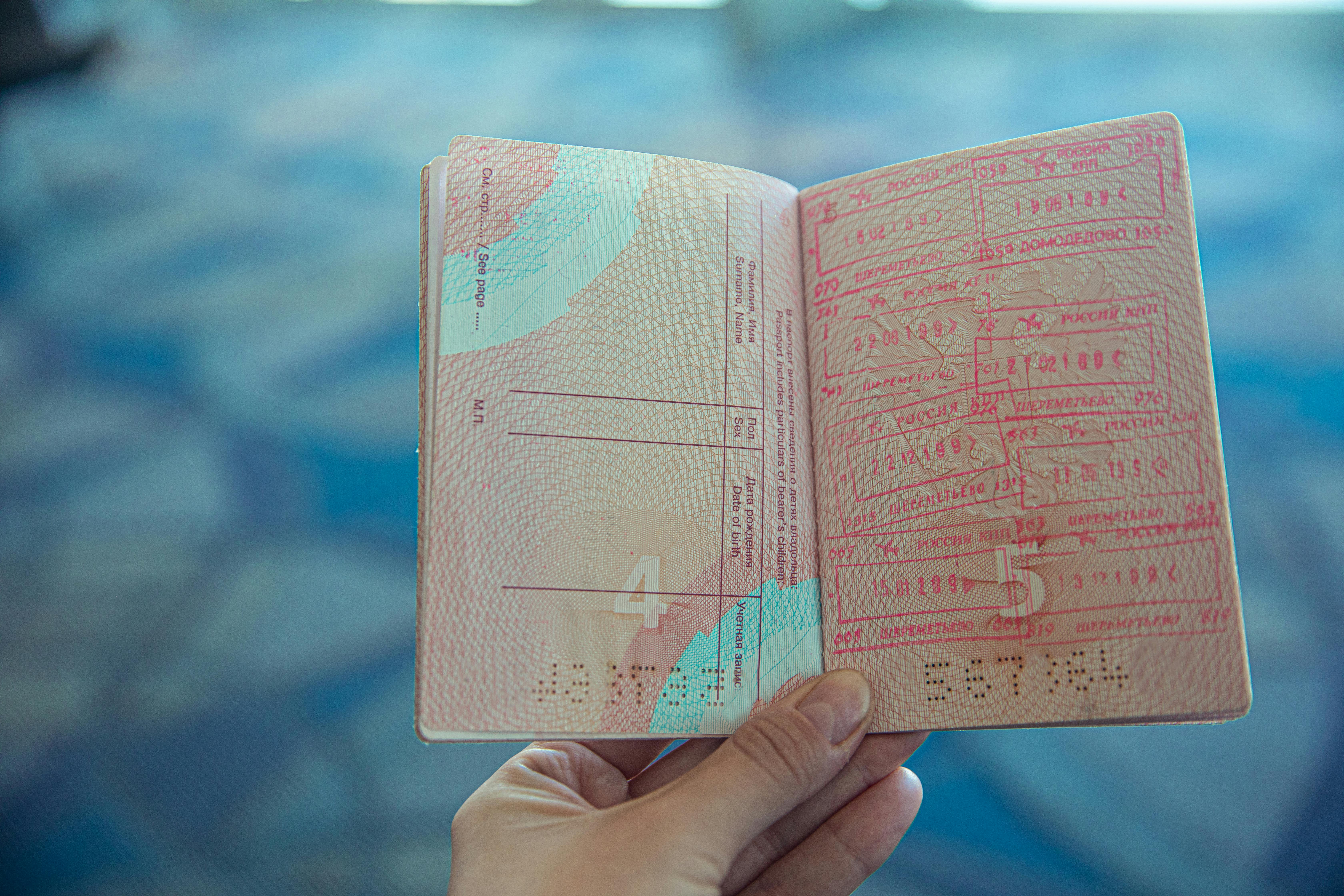
Introduction
The recent updates from the US Embassy in India regarding visa applications have caused quite a stir among non-resident visa seekers. The new rule mandates that applicants must disclose all social media handles used in the past five years on their DS-160 application form. This requirement is a continuation of policies initiated in 2019 and reflects the increasing importance of digital footprints in the visa application process. In this blog post, we will explore the implications of this rule, how applicants can comply, and the importance of transparency in today’s digital age.
What Does the Rule Say?
The US Embassy has clearly outlined what is required from visa applicants. Specifically, applicants are expected to report all usernames and handles used across social media platforms. This means documenting accounts from:
- X (formerly Twitter)
- TikTok
- YouTube
It is crucial to note that this includes both active and dormant accounts. Even if an applicant has not posted on a specific platform recently, any account used in the previous five years must be listed. This exhaustive requirement underscores the US government’s commitment to thorough vetting processes aimed at ensuring security and transparency.
Consequences of Non-Disclosure
Applicants should be acutely aware of the serious ramifications of failing to disclose social media handles. Some of the potential consequences include:
- Immediate visa denial
- Extended processing times due to additional scrutiny
- Flagging of your record for future visa applications
Intentionally omitting social media identifiers can also be interpreted as providing false information, which may jeopardize a person’s eligibility for future visits to the United States. Thus, transparency is not merely a suggestion; it is an essential component of the application process.
Why Does the USA Collect This Information?
The requirement for social media information is part of a broader initiative by the US Foreign Ministry to bolster national security. Officials assert that social media activity can significantly aid in verifying a person’s identity and identifying patterns that may pose security risks. As international norms shift, immigration and border control agencies worldwide are increasingly utilizing publicly available online information as part of their background checks.
Steps Applicants Should Take
In light of these developments, it is imperative for applicants to take proactive steps before submitting their application. Here are some recommended actions:
- Review all social media accounts used in the last five years.
- Compile a list of all relevant usernames as they appear on each platform.
- Do not overlook any accounts—even those that seem inactive are important to disclose.
- Be transparent—it is better to disclose more than less.
Conclusion
The recent update from the US Embassy serves as a critical reminder for Indian visa seekers and travelers globally. In a world where online presence is integral to personal and professional identity, individuals must approach the visa application process with integrity. Providing accurate and complete information in the DS-160 form is paramount for a smooth visa process.
Whether you are a student, professional, tourist, or frequent traveler, understanding these requirements is essential for securing US visa approval. Stay informed and adhere to the guidelines set forth by official embassy sources to ensure your application is both thorough and truthful.
For those looking for more updates on visa news and technology policy insights, keeping an eye on official channels is crucial. Compliance not only aids in the processing of individual applications but also contributes to the overall security landscape that benefits all travelers.
